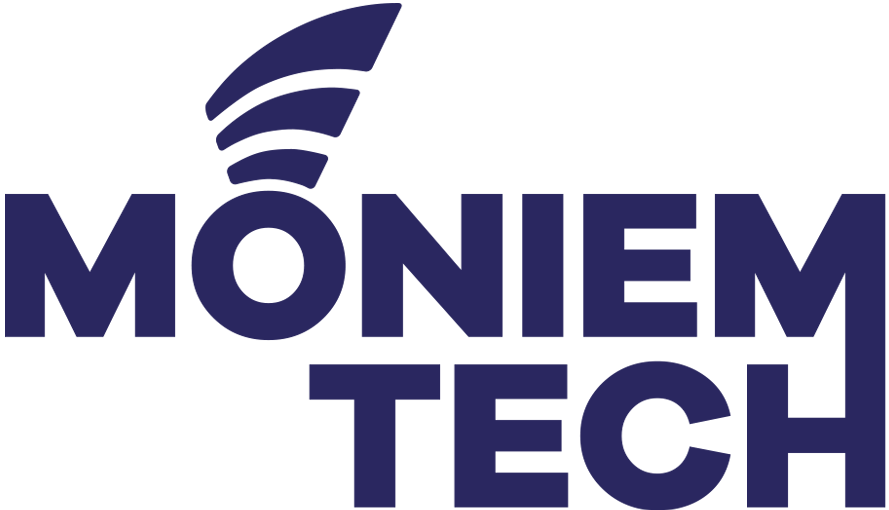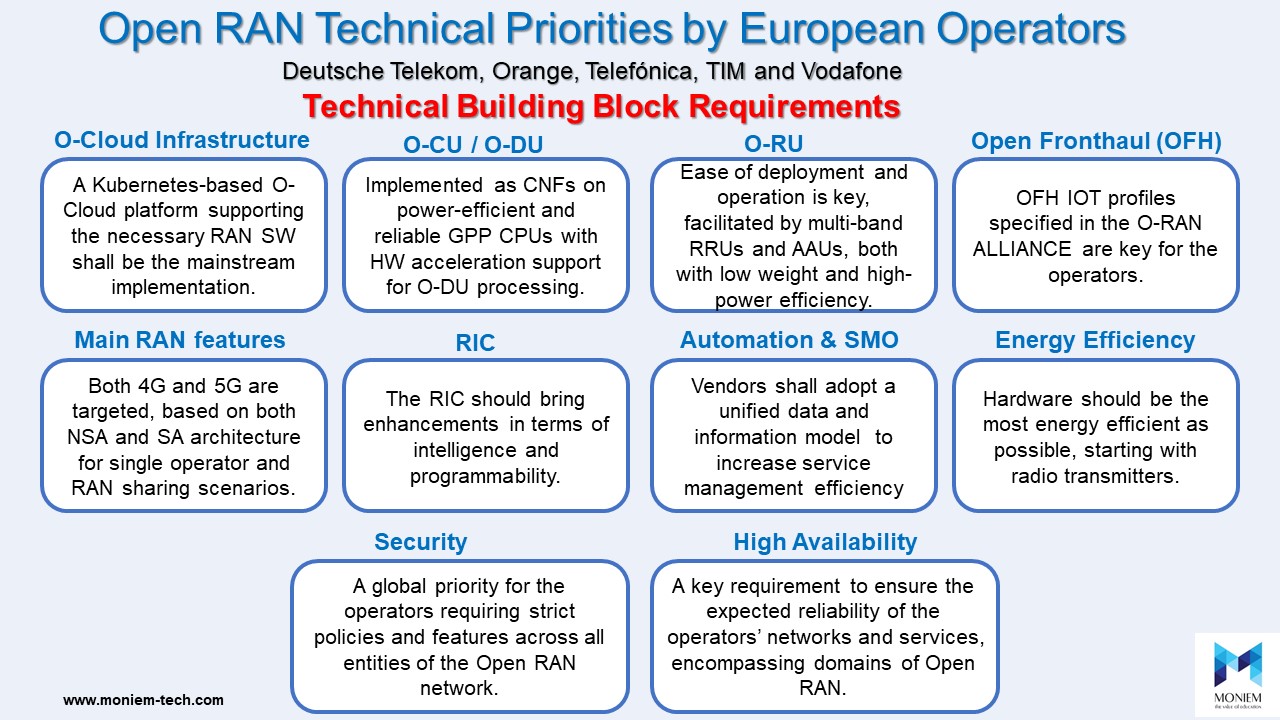The Road to Open RAN is not easy one, there are a series of steps should be taken before migration or starting design the network architecture based on Open RAN. […]
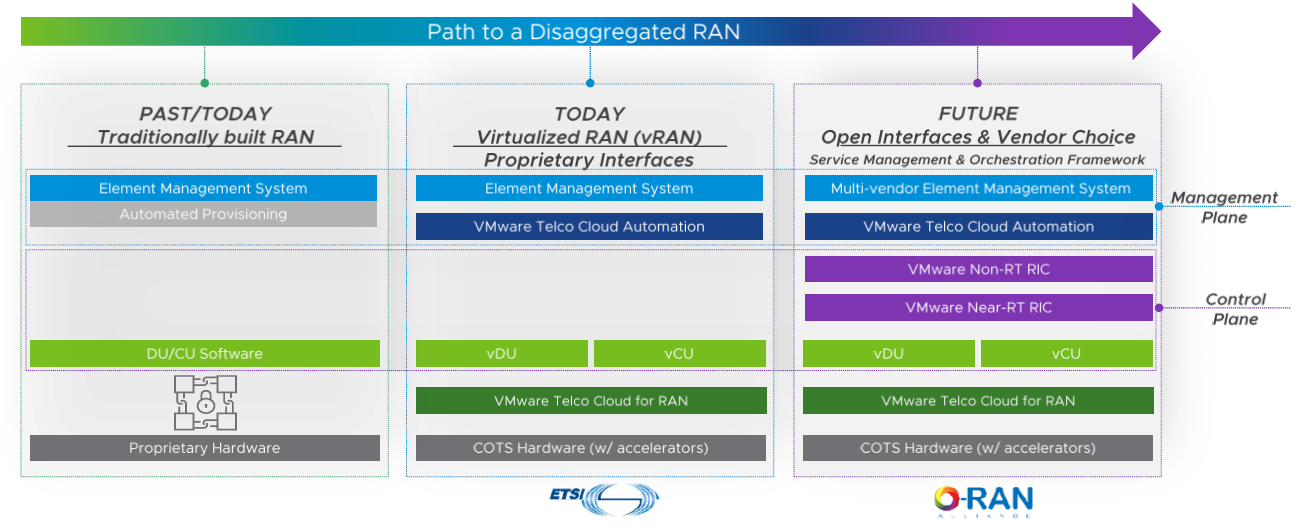

Open RAN has gained prominence in the last few years due to ongoing trends towards openness and disaggregation in the mobile network operator (MNO) space and spurred by recent geopolitical […]
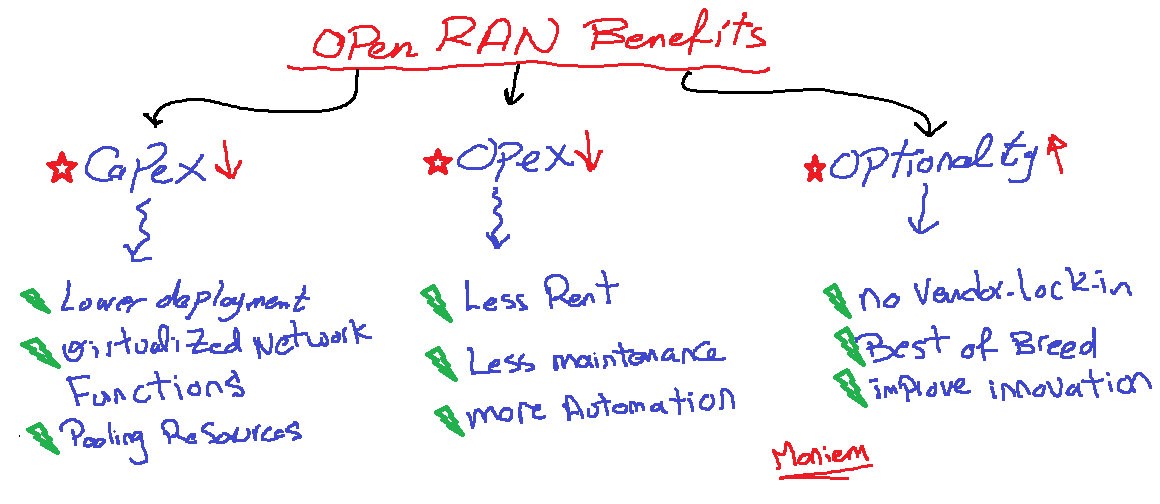
The Open RAN concept is about building networks using equipment that separates the vendor-specific software and vendor-specific hardware associated with the vast majority of radio access network (RAN) equipment that […]
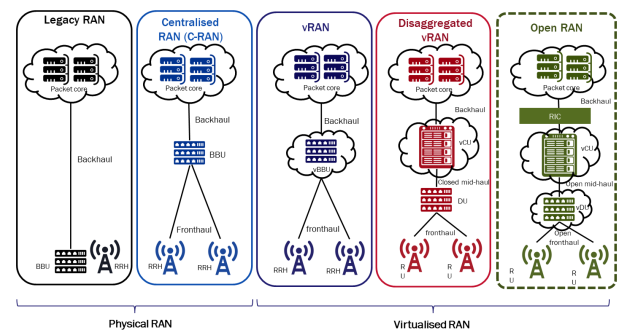
It is important to distinguish between vRAN and Open RAN Virtualization is a journey that the telecoms industry has been on for several years to transform network functions into virtual […]
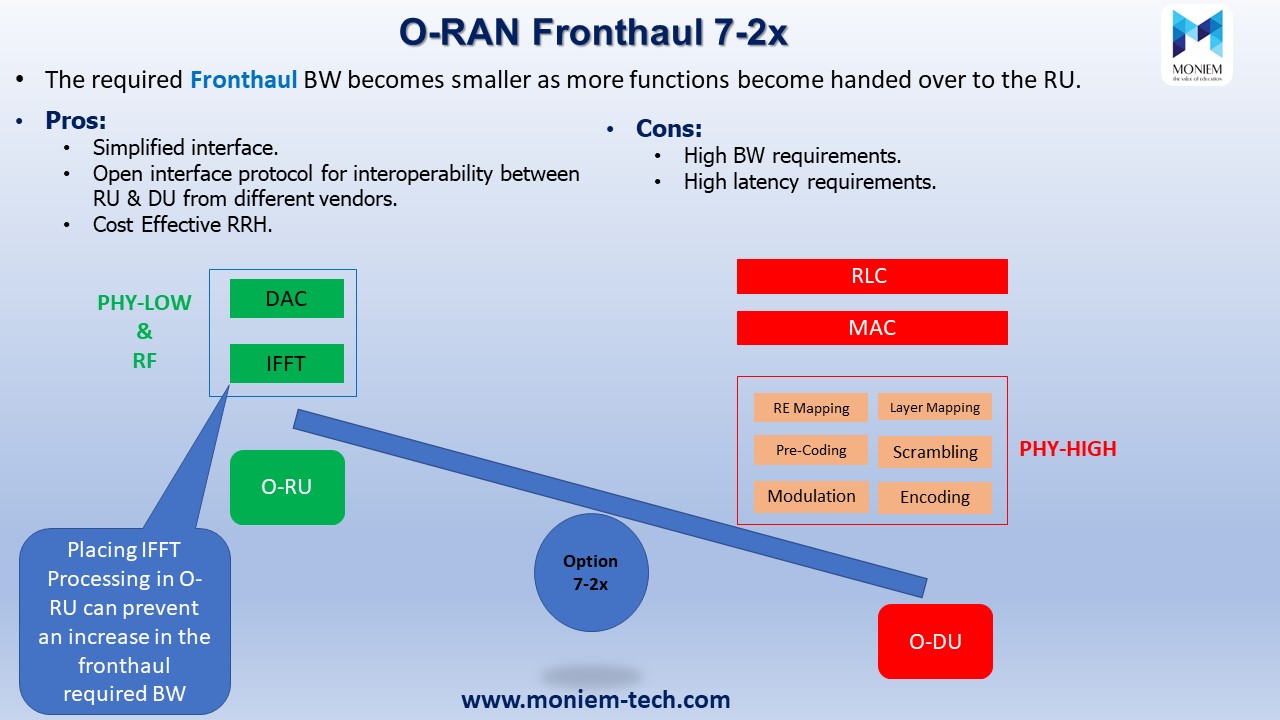
In Split 7.2x: Low PHY/High PHY split, The Low PHY/High PHY split is the most acceptable approach for it is less complex and it supports various fronthaul requirements and most importantly […]
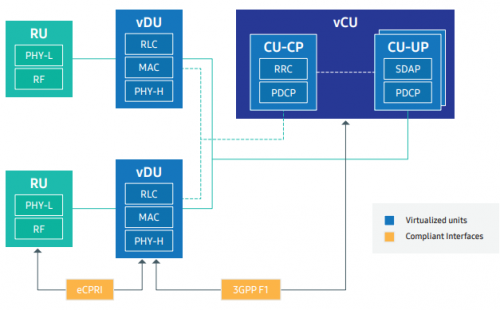
vRAN is a new architecture enhancing the flexibility of Centralized RAN (C-RAN) by virtualizing the functions of basebands in a common resource pool made up of the Commercial Off-the-Shelf (COTS) […]
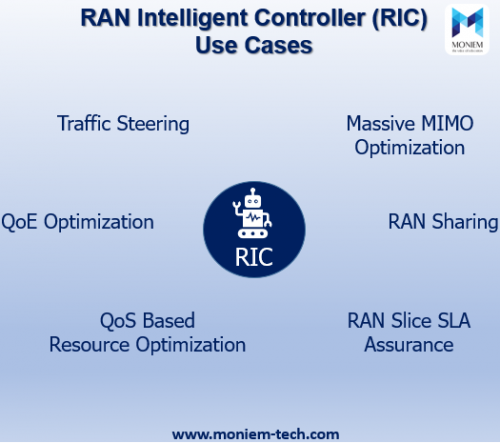
O-RAN Alliance has committed to evolving Radio Access Networks (RAN) around the world. Future RANs will be built on a foundation of virtualized network elements, white-box hardware, and standardized interfaces […]
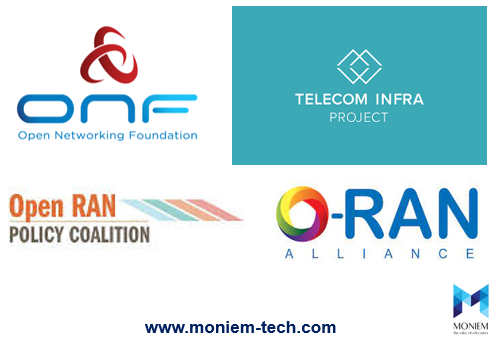
There are several industry-led open RAN initiatives that seek to unite an ecosystem of supply chain partners and advance open RAN through the definition, development, and testing of standards and […]
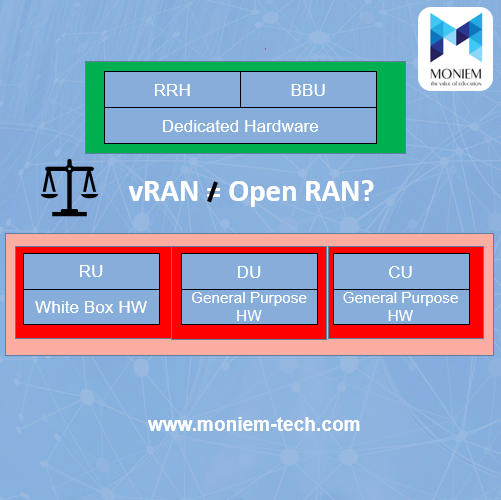
There are different acronyms related to the evolution of RAN (Radio Access Network), like vRAN, open RAN, O-RAN, etc. A key point to clarify is that RAN evolution means both […]
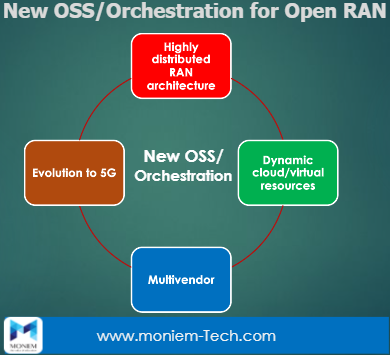
Open RAN is a highly disruptive technology that will bring many benefits to Mobile Network Operators (MNOs), especially during the evolution to 5G. By opening up the RAN to multiple […]
